Date: 20 January 2015
He considers his participation as a great chance to promote IARCC and the best practices in risk and crisis communication as well as to initiate collaboration with local structures and authorities.Herbert Koch is the founder of the IARCC in Geneva and the editor of the Journal of Risk and Crisis Communication in London. He is a speaker at many international conferences.
The topic of disasters and industrial accidents enters in the conference and exhibition format for the first time in Bulgaria. „Save the Life“ will be organized by Via Expo from on 11-13 March 2015 in Sofia within the frame of the annual South-East European Forum.
What are the the emergency and safety technologies, the application of which significantly reduces the human, social, economic and environmental damages and losses, how climate change affects the city infrastructures, what is the role of insurances, how to improve the resilience of citizens? These are some of the issues that will be discussed. Via Expo aims to provide a comprehensive and realistic view of the problems and their possible solutions at a local and regional level and to provoke activity of businesses and institutions. Speakers from Bulgaria, Germany, Italy, Switzerland, UK and Japan have joined the Conference program.
● Mr. Koch, the title of your presentation is ‘The Resilient Citizen’ - how can we prepare on an individual level for disasters and industrial accidents?
There are many aspects to this question such as the mental, the physical, the knowledge, the motivational, the evaluation, the preparedness, the organisational and the capacity aspect. An individual that has a lot of these qualities at a high level will be a more resilient citizen. I will give you an example about how preparedness and proper organisation can boost resilience. For a family it is wise to agree on a common emergency contact far away from its domicile.
An emergency can happen at a time at which every member of the family is at a different site. Because of the events, returning home is not an option. Now, all family members can get into contact via the agreed upon emergency contact. Through the emergency contact, they have secured the capacity to exchange, to assess the situation and get the right decisions made. Whether it will work in reality is dependent on factors, which I call organisational. Did they choose the right emergency contact? Can the emergency contact be reached? This is just one example. I will present many more at my presentation. I look forward to meeting you there.
● What is the role of the communication in risk and crisis situations? Could you give us some examples from real life situations?
Communication plays a key role in risk and crisis management. Let us look at the risks first. Risk management deals with discovering new risks, evaluating known risks, informing all involved actors and communities about the risks, preventing risks, wherever possible, and reducing risk potentials in the remaining cases. All of this requires communication. It is about defining the right emitter and receiver, the adequate messages and tools and then carrying out the communication in the best possible and comprehensible way.
To give you an example: Our organisation, the International Association of Risk and Crisis Communication in Geneva, is developing a campaign, through the Portuguese organisation, that will make Portuguese communities more aware of earthquake risk. This campaign has the main objective of reducing the damage of earthquakes by adapting human behaviour to the risks. It is about refraining from construction in certain high-risk areas, about constructing with different materials and in different ways, it is about securing adequate insurance coverage, being prepared and doing the right thing when the earthquake strikes and so forth.
With the help of our partner, Hill + Knowlton Strategies, a PR agency specialised in the field of risk and crisis communication, we develop strategies and plans to address the right messages with the right tools for the public at risk.In a crisis situation, communication can reduce the impact of negative events. Emergency managers can act more appropriately and inform potential victims of threats and of the right conduct to adopt despite the fast changing and chaotic circumstances.
To give you an example: In March 24, 1999 approximately seven kilometres from the French entry to the tunnel of the Mont-Blanc, a violent fire that lasted 53 hours caused the death of 39 people and the closure of the tunnel for three years. The investigation concluded that the communications systems (fire detectors, cameras, computers, etc.) had not worked properly. Cars did enter the tunnel even after the accident occurred. Timely information and the blocking of the entrances of the tunnel could have prevented this from happening. Communication can save lives.
● In which countries are there national ARCC created and do you collaborate with any organizations in South-East Europe? Are you planning to extend your network?
We have national organisations in Austria, France, Portugal, Switzerland and the United Kingdom. They are merely working on projects in their countries such as assessing flood risks in France or risks related to critical infrastructure in the United Kingdom.
The International Association of Risk and Crisis Communication in Geneva, the central structure of our network is responsible for activities on a global scale. The partnership of this association with the “Save the Life” event, the Emergency, Rescue and Safety Management Exhibition and Conference for South-East Europe and their organisers is our first appearance in this region. We welcome this exposure and would welcome if local actors would become our partners and extend our network here. We can offer training and can assist in risk and crisis management and communication related projects.
● Your RCC Academy offers training. What kind of people, companies or organizations are involved?
The RCC Academy has so far only given training upon specific request. It has trained several groups and individuals working in different risk producing industries. In addition to the training in the field of risk and crisis communication, it has also transmitted intercultural skills, negotiation techniques and has organised and animated platforms for multidisciplinary discussion forums.
In 2015, the RCC Academy wants to offer regular courses that will be open to individuals from different backgrounds but we are still working on the form and content of these training offerings.
http://viaexpo.com/en/pages/save-the-life


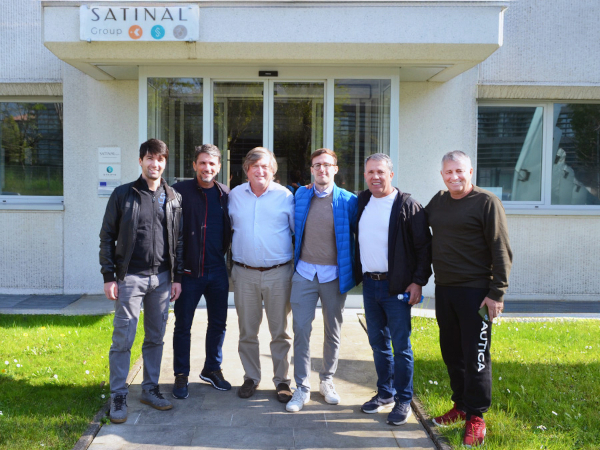
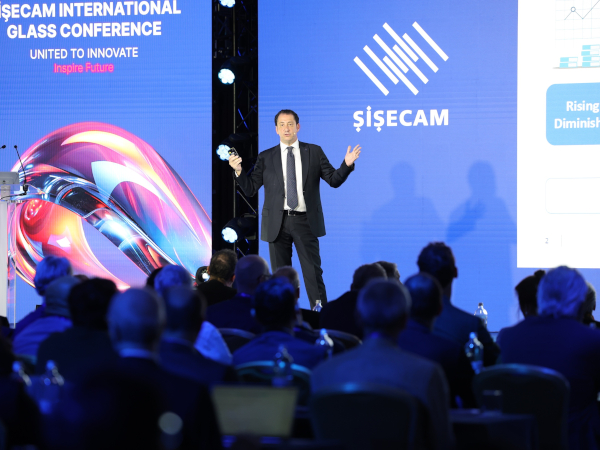


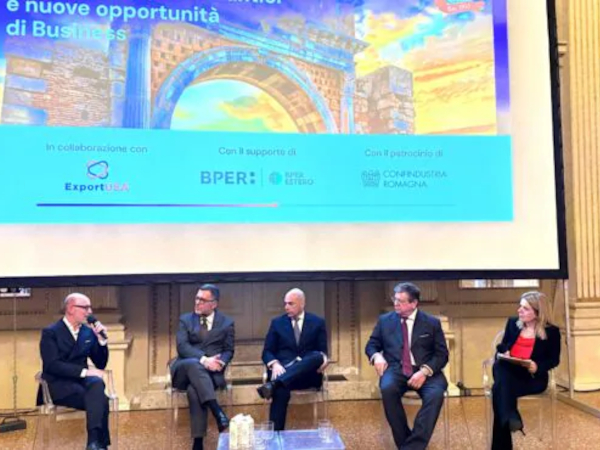


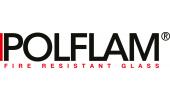



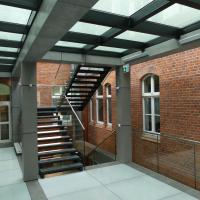

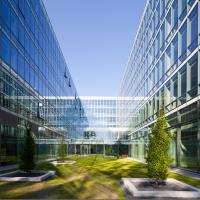
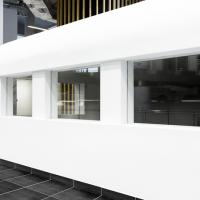
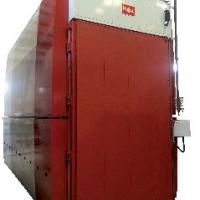
Add new comment